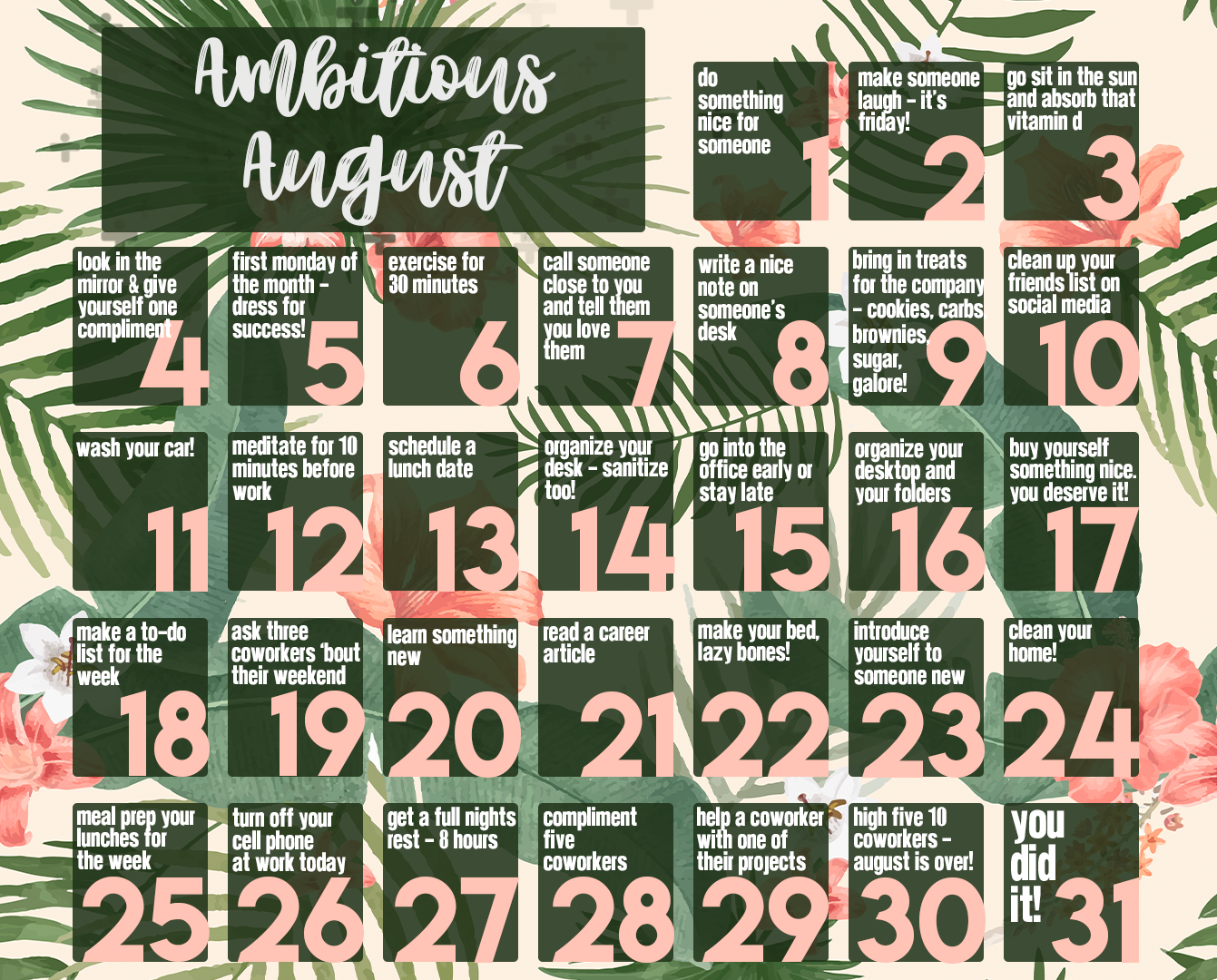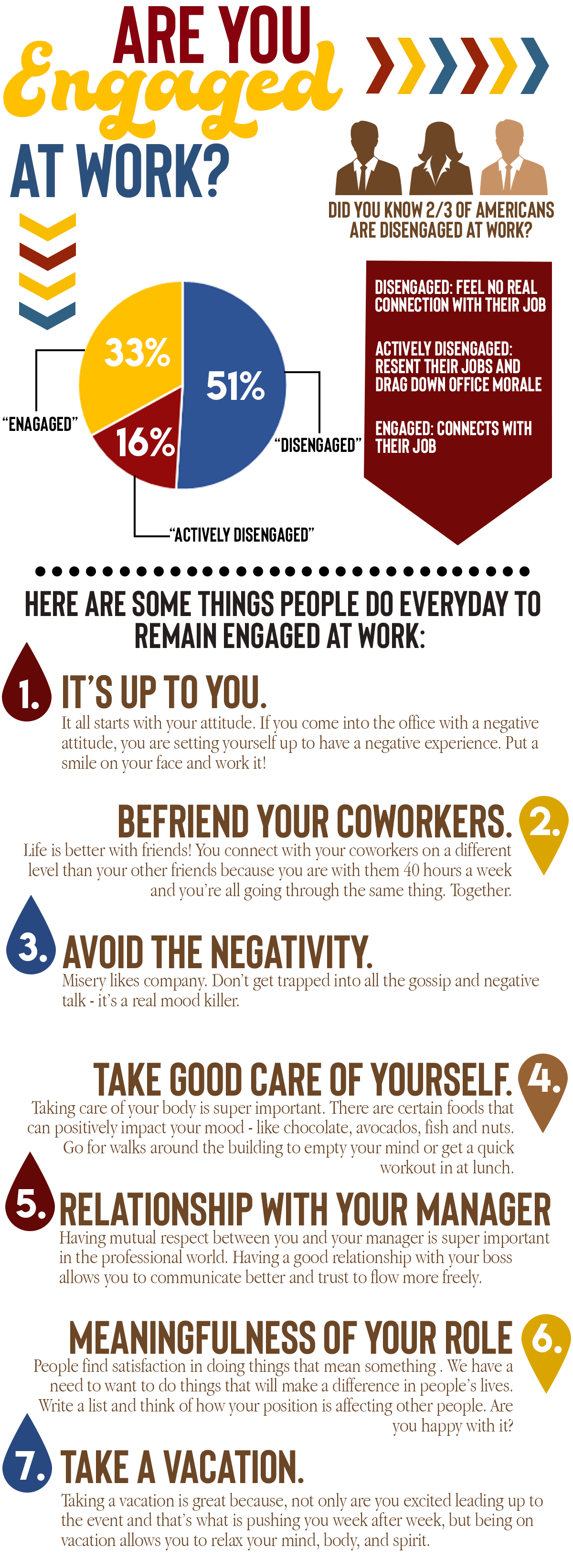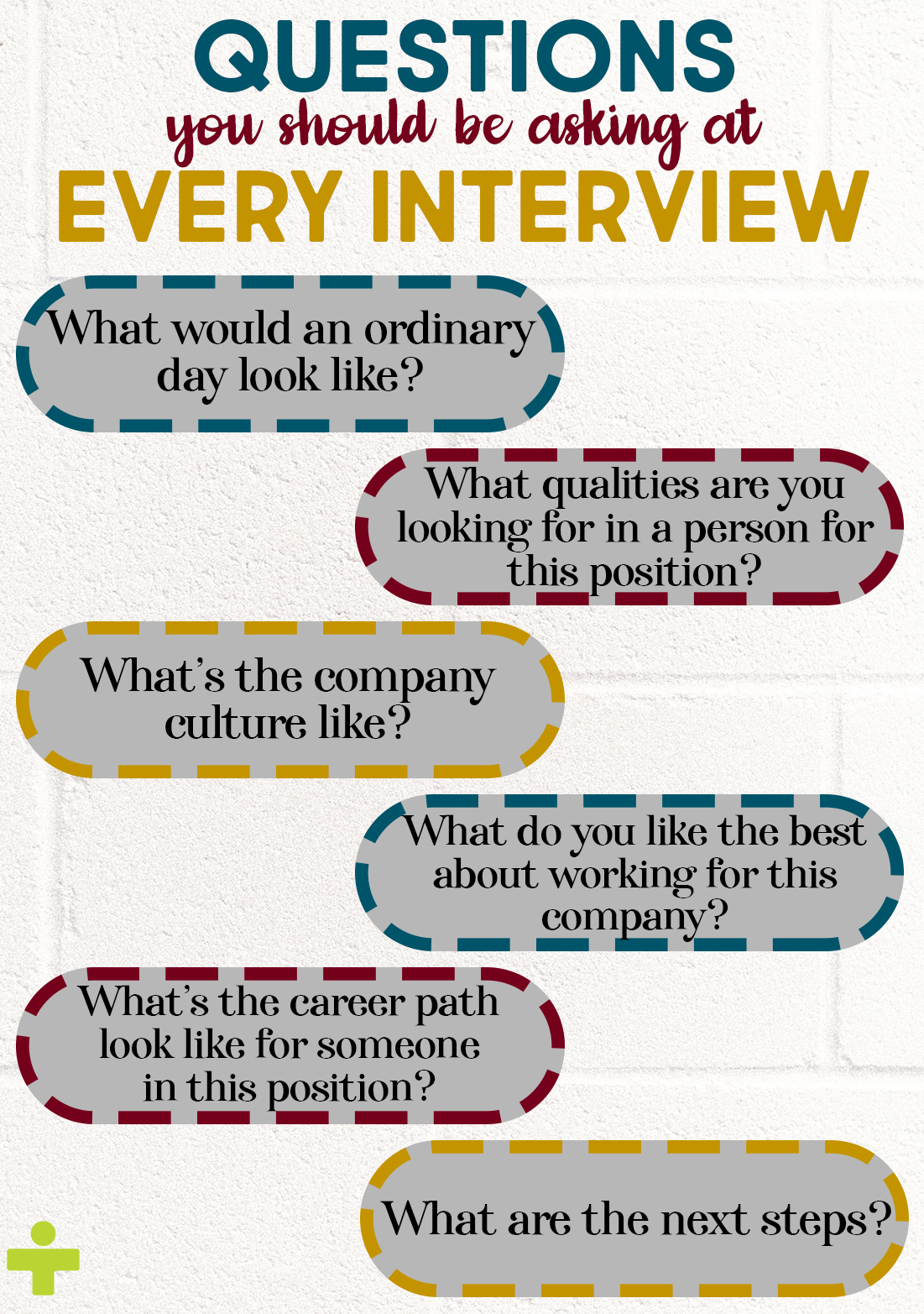Finding and hiring top healthcare talent is your main priority — and your biggest challenge. Here are four tips to help you overcome healthcare recruiting hurdles and fill every opening at your facility with the right candidates.
Work on Your Job Descriptions
Job descriptions aren’t just a place to list the must-have qualifications you want to see in applicants. If you truly want to appeal to top talent, start looking at these descriptions as an opportunity to make your healthcare facility stand out. On top of detailing the experience, skills, and education a candidate must possess, explain some of the perks they’ll access when working for your medical center, such as:
- Insurance benefits
- Flexible scheduling
- Paid time off
- Retirement planning
Find the Right Place to Post Jobs
Pay careful attention to the job boards you use, because the places you post your job openings matter just as much as the effort you put into writing the descriptions for them. Along with the popular job search engines that any company can access, consider posting on websites exclusive to the healthcare industry. This will guarantee that your listings appear in front of even more clinical and non-clinical healthcare professionals.
Nurture Your Company Culture
If your facility struggles with employee attrition, you’ll have a hard time not only finding top talent but also retaining it. To make your medical center stand out to well-qualified applicants, establish and nurture a company culture that they’d want to be a part of. You can start by surveying your current staff, getting an idea of where your facility excels and where it could improve, and implementing actionable changes as soon as possible.
Partner With a Healthcare Recruiter
Finding top healthcare talent is a multi-layer process. Without the time and resources available to put in extra effort every step of the way, your healthcare facility will have a much harder time attracting the best candidates. That’s why more and more medical centers are partnering with healthcare recruiters that know where to find the perfect fit — every time.
At HealthCare Support, we specialize in placing healthcare professionals in both clinical and non-clinical roles across all 50 states. From administrative openings to executive-level positions, our healthcare recruiters quickly and effectively find, screen, and recommend top talent. And once we find the perfect match to fill your position, we continue to monitor their progress and offer continual support. To learn more about our search process, contact HealthCare Support today at 407-478-0332.







